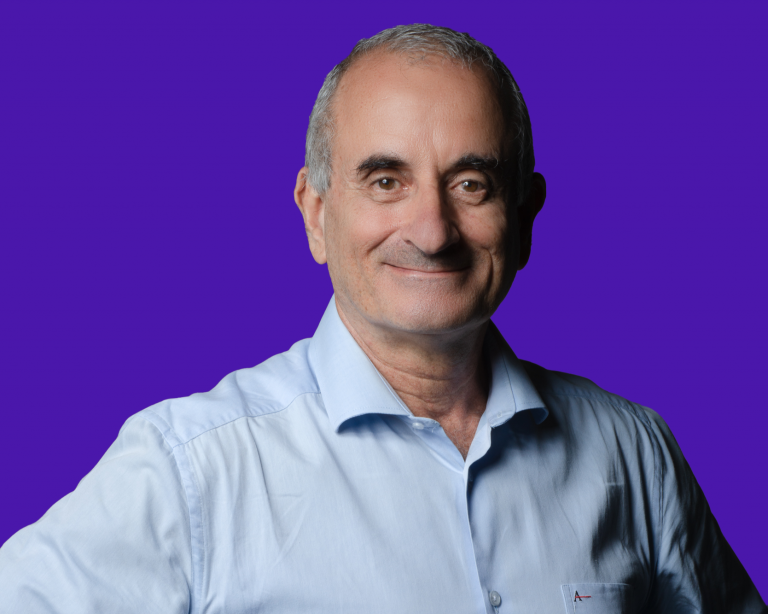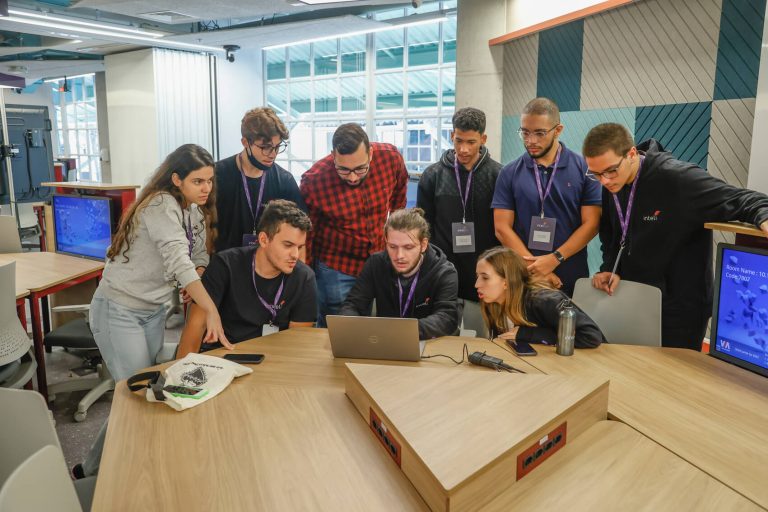Find out how business skills are worked into Inteli's curriculum to train the leaders of the future
By 2025, Brazil is expected to have a deficit of 530,000 technology professionals, according to a survey by Google for Startup. The report, produced in partnership with the Brazilian Association of Startups (Abstartups), points out that 53,000 professionals will graduate annually between 2021 and 2025, but the demand for new talent during this period will be 800,000, according to the association of technology companies, Brasscom.
Inteli was born precisely with the ambition of training leaders who understand technology and have the ambition to transform Brazil and the world.. To get there, we adopted a project-based teaching methodology and an integrated curriculum with computing, business and leadership skills.
The qualification of human capital in technology is one of the sector's greatest challenges. The technology professional of the future needs to go beyond technical knowledge to solve complex problems. Knowing how to communicate, work in a team, deal with moral and ethical dilemmas, develop resilience and make the best career choices are skills that are increasingly in demand in the market.
In practice, 20% of the content is dedicated to developing business skills. In other words, all Computer Engineering, Computer Science, Software Engineering and Information Systems students learn concepts of administration, management, marketing, leadership, HR, communication with the aim of understanding the business context and knowing how a company works.
From there, young people are better prepared to work on developing a technology solution for a market partner. All this in a ten-week cycle. Want to know how it all happens? Come with us!
Practical approach connected to the market
 The traditional model of education is increasingly distant from the needs and demands of the job market. This gap is reflected in the high unemployment rate and underutilization of young people, who can't find opportunities that match their academic training. And if every business is a technology business, recent graduates in the area who have mastered technical skills and in-depth knowledge of the business are more likely to occupy leadership positions.
The traditional model of education is increasingly distant from the needs and demands of the job market. This gap is reflected in the high unemployment rate and underutilization of young people, who can't find opportunities that match their academic training. And if every business is a technology business, recent graduates in the area who have mastered technical skills and in-depth knowledge of the business are more likely to occupy leadership positions.
"Business meetings are extremely important for a computer professional, as we have the chance to analyze risk and competition, and then develop more assertive solutions for the client," says Allan dos Santos Casado, a Computer Science student.

PEDRO TEBERGA
Business teacher
For Professor Pedro Teberga, business skills strengthen the education of Inteli students.
"From the first day of class, they are challenged to interact with market professionals. As well as networking, they have the chance to express their ideas, defend their projects and immerse themselves in the reality of various sectors of the economy"
To help students get even more in touch with the corporate world, leading professionals are invited to share their knowledge and experience of the latest trends and practices in different sectors. They address specific topics that they experience on a daily basis, bringing real and recent cases into the classroom. "The meetings promote rich and interactive discussions with the students, who are challenged to solve a problem in real time, right in front of the company executive", says Pedro.
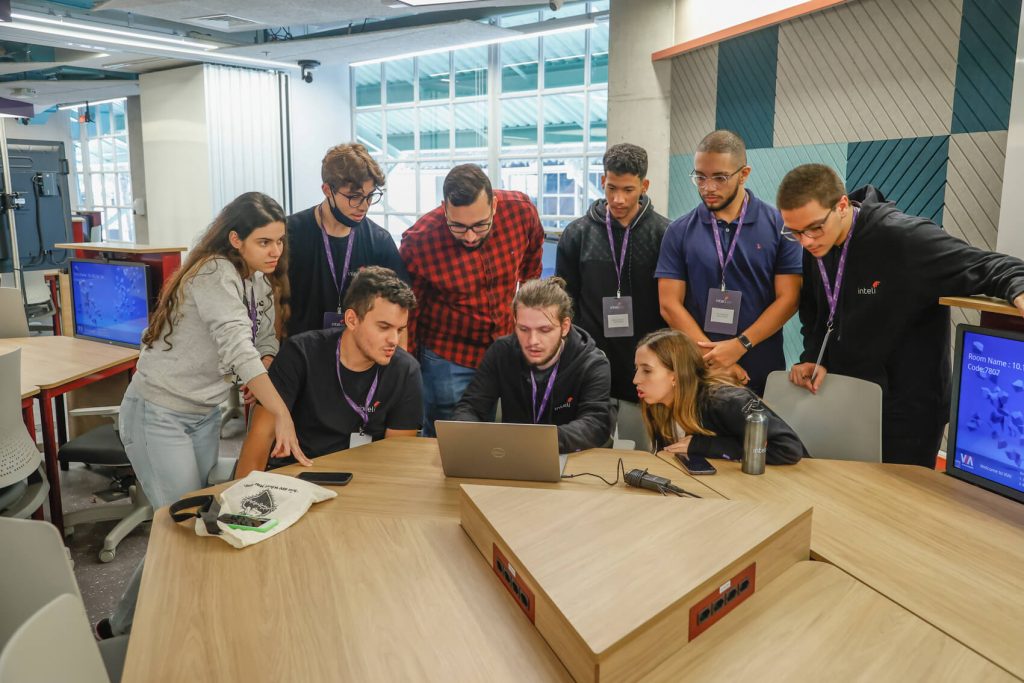 Allan also stresses that learning about business helps to develop more autonomous, critical and entrepreneurial thinking. "This helps a lot in managing our careers, after all, a world of possibilities opens up when we leave university with business skills, leadership and a portfolio of developed prototypes", says the young man.
Allan also stresses that learning about business helps to develop more autonomous, critical and entrepreneurial thinking. "This helps a lot in managing our careers, after all, a world of possibilities opens up when we leave university with business skills, leadership and a portfolio of developed prototypes", says the young man.
Entrepreneurial Education
A study carried out by the Brazilian Association of Higher Education Providers (ABMES) shows that young people want to become entrepreneurs, but don't believe that universities are capable of developing sufficient knowledge and skills to start their own business.
"Inteli's business competence encourages an entrepreneurial mindset. This means that they are encouraged to identify opportunities, take calculated risks, learn from mistakes and generate value for society", reinforces Professor Pedro.
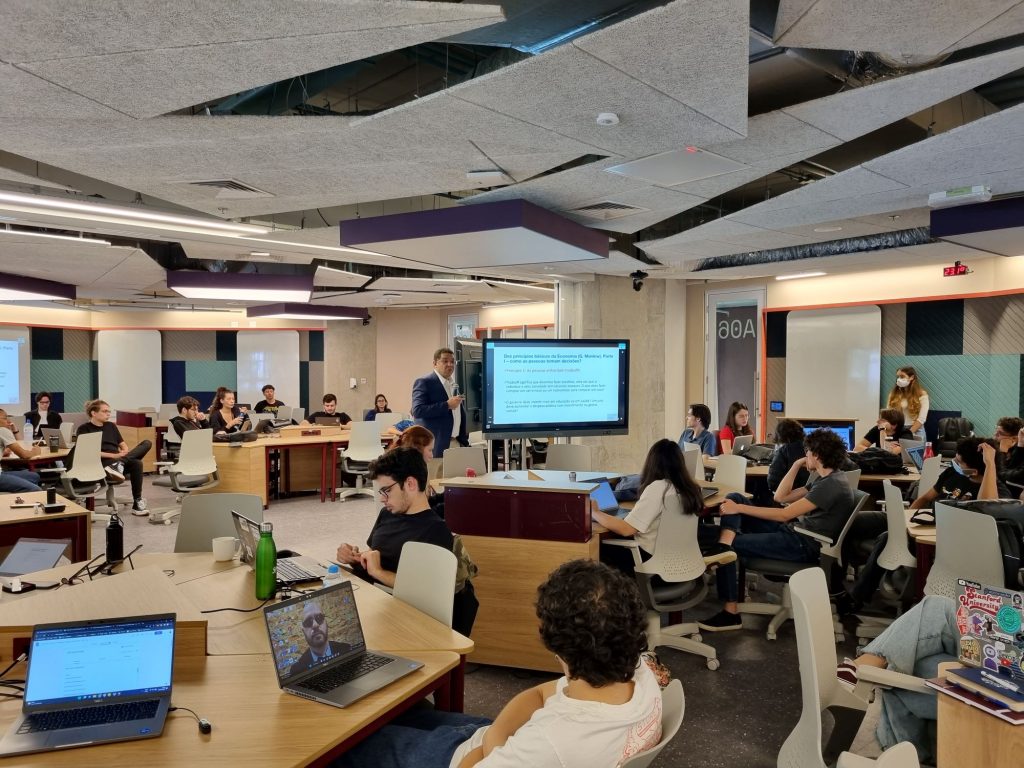
During the four-year course, students work on 16 real projects - four per year. They are challenged to take the lead in this journey, being responsible for building their knowledge.
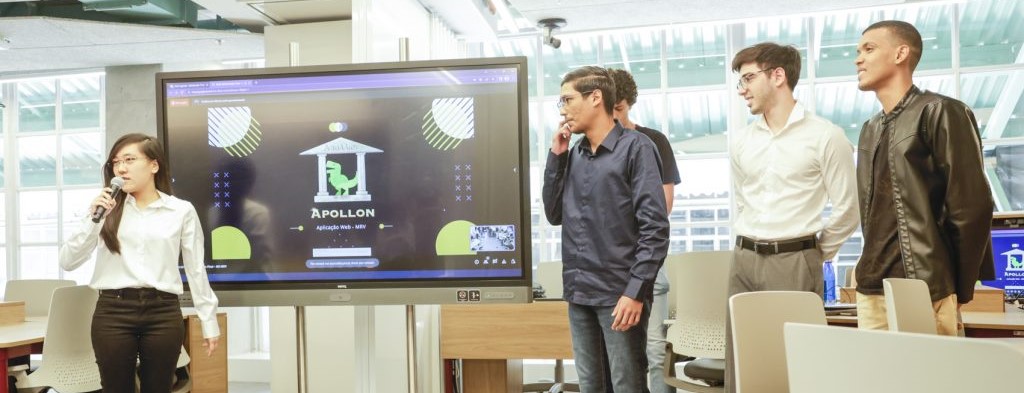
Throughout this journey, the students have the support of the teaching staff and coaches from the Leadership DevelopmentDevelopment Center (CDL) to build a career plan in line with their aptitudes and dreams. "I want to become an entrepreneur and create innovative projects that can have a significant impact on society through technological solutions", reveals Kathlyn Diwan, from the Information Systems course.



